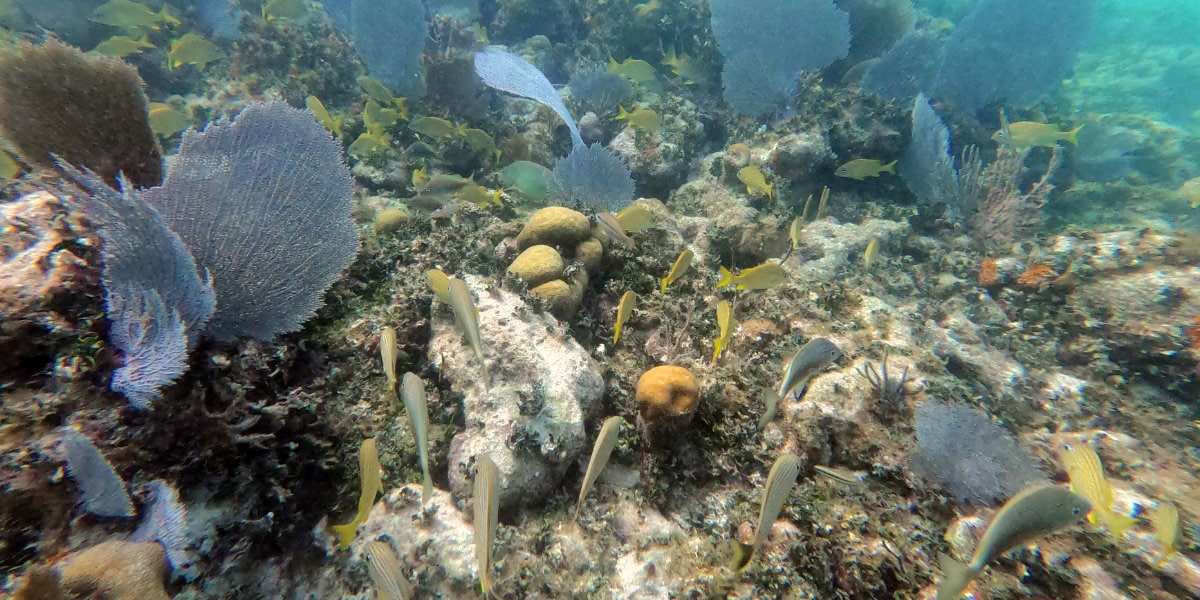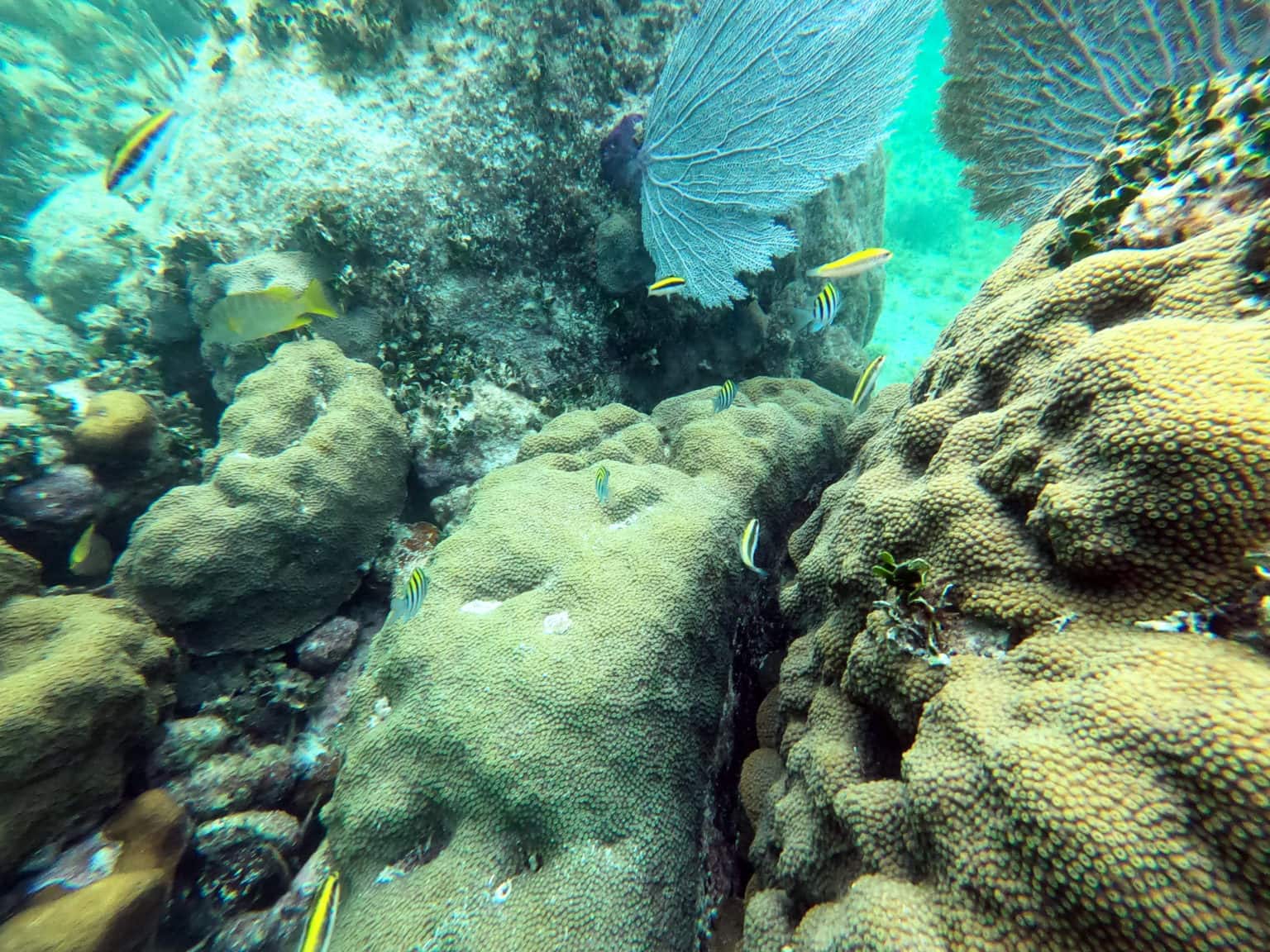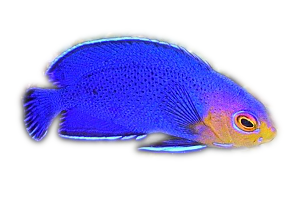Newfound Harbor Key Florida
Authored by: Betsey Moore, Vice President, CaribSea Inc.
Exploring Newfound Harbor Key Sanctuary Preservation Area
This beautiful spot is just off Little Palm Island, oceanside, in the lower Florida Keys. Newfound Harbor Key SPA is the only inshore preservation area in the Florida Keys. While it lacks the drama of nearby Looe Key, this more inshore area is a lot of fun and is full of all sorts of marine life. Although the area is a sanctuary, it does not have the boat traffic of Looe Key and there are tie-up buoys. This particular day in early September, we were in the water around 2 pm as we had been on Looe Key earlier that day. Our exit from Looe was encouraged by a 7-foot hammerhead, an exciting but a bit unsettling event!

Newfound Harbor ranges from about 3 to 12 feet deep and is a grassy, sand, and rubble expanse with coral heads throughout, some reaching up to just a couple feet from the surface. The rock areas are loaded with zoanthids, brain coral, moon coral, and other head coral species. Overall, corals looked very healthy compared to a couple of years ago. You could see clearly the new growth on top of older dead corals. The flat sand areas surrounding the rock reefs are covered with sea fans, gorgonians, and patches of turtle grass. The sand itself was a beautiful aragonite, similar in grain size to our Araga-Alive Fiji Pink, but with a rubbly component which made for a very interesting substrate.

Although you will not find the immense variety of fish you would find on a more offshore reef, this area does not disappoint. Grouper, snapper, parrotfish, four-eye butterfly fish, black and blue angels, neon gobies, pork fish, tangs, sergeant majors, sting-rays, beaugregories, filefish, barracuda, sharks, and even large tarpon can all be seen here in quantity. This particular afternoon we were treated to all but the sharks and tarpon. The water was exceptionally calm and clear, and the fish were at their best in the bright sunlight.
Once you have taken in the area, it's nice to quietly hover over a coral head and take in the natural behaviors of the fish. Mostly a lot of eating and territory management, but on one occasion we saw a "cleaning station" where a small school of barracuda was getting worked over by a group of neon gobies.
Also of note was a group of two large black angels and three parrot fish schooling together travelling across the sandy areas only stopping on occasion to eat something. There were also huge schools of French grunt, which are a beautiful fish, especially on a day like this where the brilliant sunshine really showed off their colors. They rest close to the rock ledges, and will only move away at the last minute, and even so only if you are very, very nearby. The blue striped grunt is also abundant, and also school together in groups of 20 to 30 or so.
It's amazing to see the large amount of fish life here, at every turn school after school of snapper, grunts, parrotfish and tangs. If you ever find yourself in the lower Keys, try to make your way here!
Important to note that scientists consider this Newfound Harbor an inspiration for coral restoration efforts. The corals planted here have been screened for climate change resilient traits. Since 2015, these corals have survived Category 4 hurricane Irma and a bleaching event.
To see more photos of this location and links to how CaribSea products provide the natural environment in your aquarium, visit CaribSea.com, Click Here!
Article List




